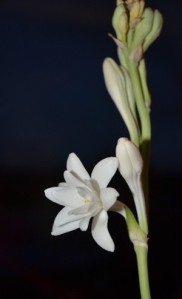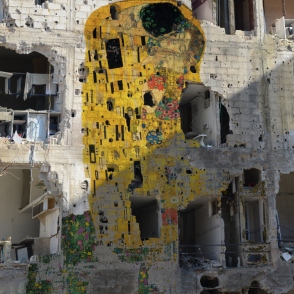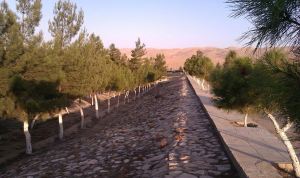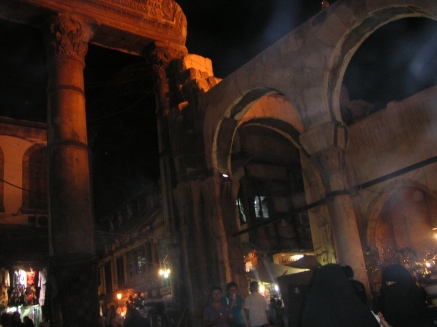
What is the Project about?
The project involves working with groups of students from Syria,
between the ages of 14 and 19 years old, who are currently supported
by Relief and Reconciliation at their Peace Centre in Akkar, Northern Lebanon.
The objective of the project is to encourage the creative thoughts and
expressions of those who have experienced conflict, loss and tragedy.
By taking part in this they would instead be able to use their imagination
in a positive, constructive and creative way to write about anything they choose.
Upon completion of the students writing their stories, poems, plays, scripts or other form of creative writing I will be publishing them in a book collection. Not only is this important for the students as a recognition of their work but also for their voices and stories to be heard internationally so that they can be seen as individuals and not just a statistic which is all too often the case in the media.
To view more information and support the campaign visit Syria’s Young Creative Writers.




